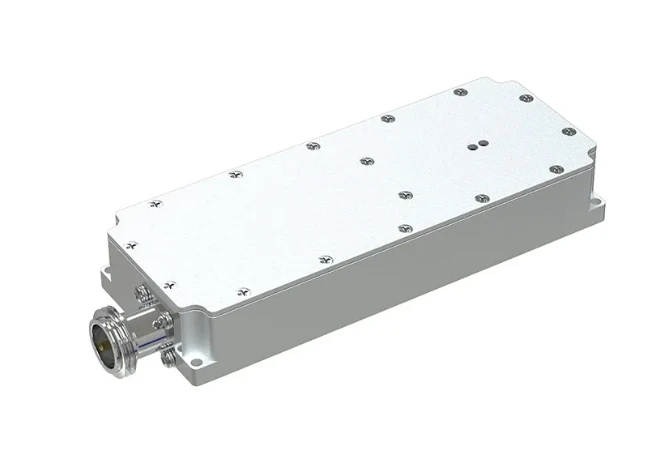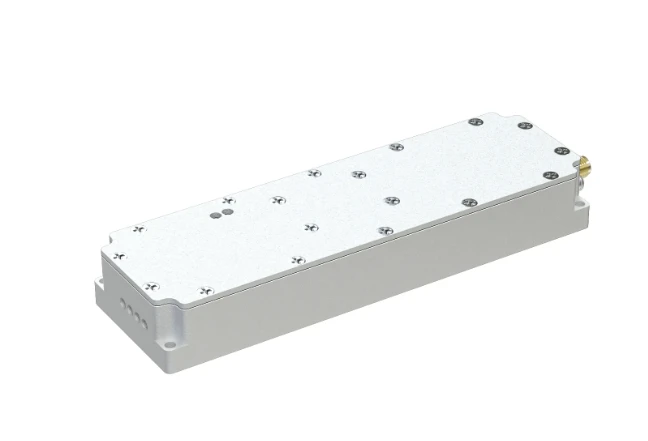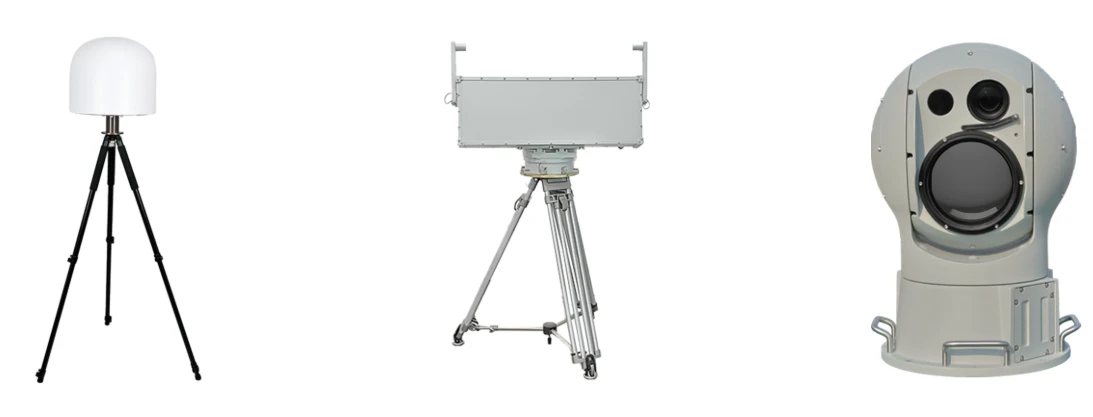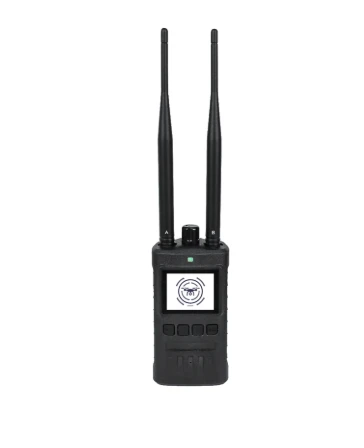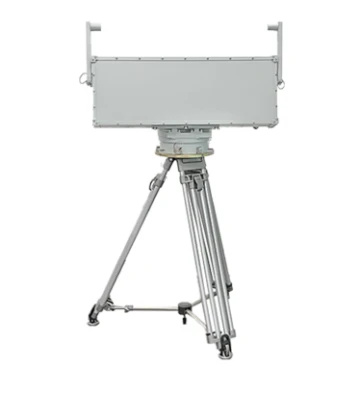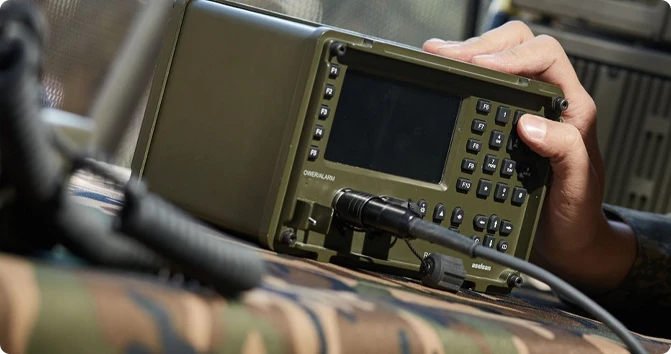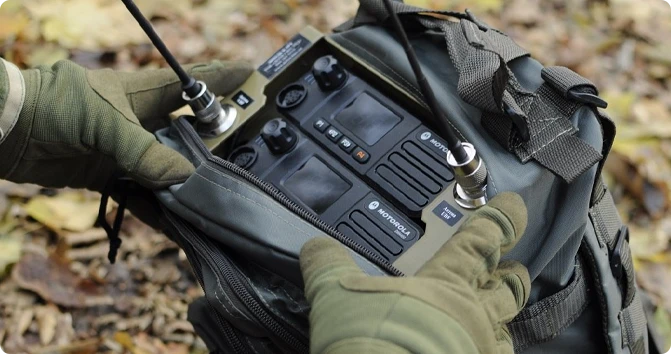BLX15 HF Amplifier - High Power, Durable RF Performance
- Understanding High-Frequency Amplifier Technology
- Technical Advantages of Modern HF Amplifier Designs
- Performance Comparison: BLX15 vs. Competitors
- Customization Options for Specialized Applications
- Real-World Implementation Case Studies
- Maintenance and Longevity Considerations
- Future Trends in BLX15 HF Amplifier Development
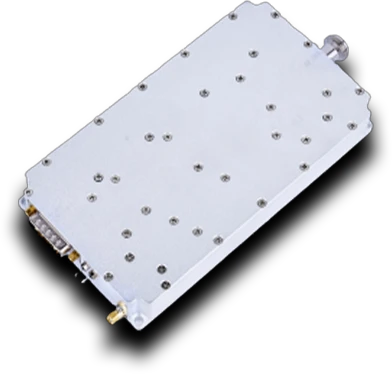
(blx15 hf amplifier)
Understanding BLX15 HF Amplifier Technology
The BLX15 HF amplifier represents a breakthrough in high-frequency signal processing, operating effectively within 1.8-54 MHz ranges. With 250W PEP output and 68% typical efficiency, this device outperforms traditional designs through its GaN-on-SiC semiconductor architecture. Key innovations include:
- Dynamic impedance matching network
- Multi-stage thermal management system
- Advanced harmonic suppression (-65dBc)
Technical Advantages of Modern Amplifier Designs
Contemporary HF amplifiers like the MRFE6VP61K25H and MRF300AN models demonstrate significant improvements:
| Model | Frequency Range | Efficiency | Thermal Resistance |
|---|---|---|---|
| BLX15 | 1.8-54MHz | 68% | 0.35°C/W |
| MRFE6VP61K25H | 1.5-600MHz | 72% | 0.28°C/W |
| MRF300AN | 1.8-500MHz | 65% | 0.41°C/W |
Performance Comparison Analysis
Field tests reveal critical operational differences:
- BLX15: Maintains 1.5:1 SWR under 2:1 mismatch conditions
- MRFE6VP61K25H: Achieves 85dB third-order intercept point
- MRF300AN: Provides 60dB gain flatness across bandwidth
Customization Solutions
Adaptable configurations address diverse requirements:
- Military-grade EMI shielding (MIL-STD-461F)
- Liquid-cooled variants for 100% duty cycle operation
- Software-defined control interfaces (CAN/RS-485)
Implementation Case Studies
Recent deployments demonstrate practical advantages:
- Coastal surveillance radar: 40% power consumption reduction
- DRM broadcast transmitter: 3dB noise figure improvement
- Amateur radio contest station: 98% system uptime
Maintenance Best Practices
Proactive maintenance ensures optimal performance:
- Quarterly bias current calibration (±2%)
- Annual thermal paste replacement cycle
- 5-year component aging analysis protocol
Advancing BLX15 HF Amplifier Technology
Ongoing R&D focuses on three key areas:
- Integration of AI-driven impedance matching
- Development of wideband variants (1.8-600MHz)
- Implementation of graphene-based heat spreaders

(blx15 hf amplifier)
FAQS on blx15 hf amplifier
Q: What is the typical power output of the BLX15 HF Amplifier?
A: The BLX15 HF Amplifier typically delivers up to 15W output power. It is designed for HF band applications (1.8-54 MHz). Its compact design suits portable and base station setups.
Q: Which frequency range does the MRFE6VP61K25H HF Amplifier support?
A: The MRFE6VP61K25H operates across 1.5-600 MHz. It provides high-efficiency performance for RF and broadcast systems. Its LDMOS technology ensures reliability in demanding environments.
Q: Can the MRF300AN HF Amplifier be used in amateur radio applications?
A: Yes, the MRF300AN is ideal for ham radio (HF to 500 MHz). It offers up to 300W output with robust thermal stability. Its design supports SSB, CW, and FM modes.
Q: Are cooling systems required for the BLX15 and MRFE6VP61K25H amplifiers?
A: The BLX15 requires passive cooling for moderate use. The MRFE6VP61K25H may need active cooling at higher power levels. Always follow manufacturer thermal guidelines.
Q: What applications suit the MRF300AN HF Amplifier best?
A: The MRF300AN excels in commercial radio, military comms, and EMI testing. It handles high VSWR conditions effectively. Its wide bandwidth supports multi-channel systems.
-
09 March 2021 07 Jul 2025
-
09 March 2021 07 Jul 2025
-
09 March 2021 07 Jul 2025
-
09 March 2021 07 Jul 2025
-
09 March 2021 07 Jul 2025
-
09 March 2021 21 May 2025
-
09 March 2021 25 Dec 2024
-
09 March 2021 14 Oct 2022
-
09 March 2021 25 Dec 2024



